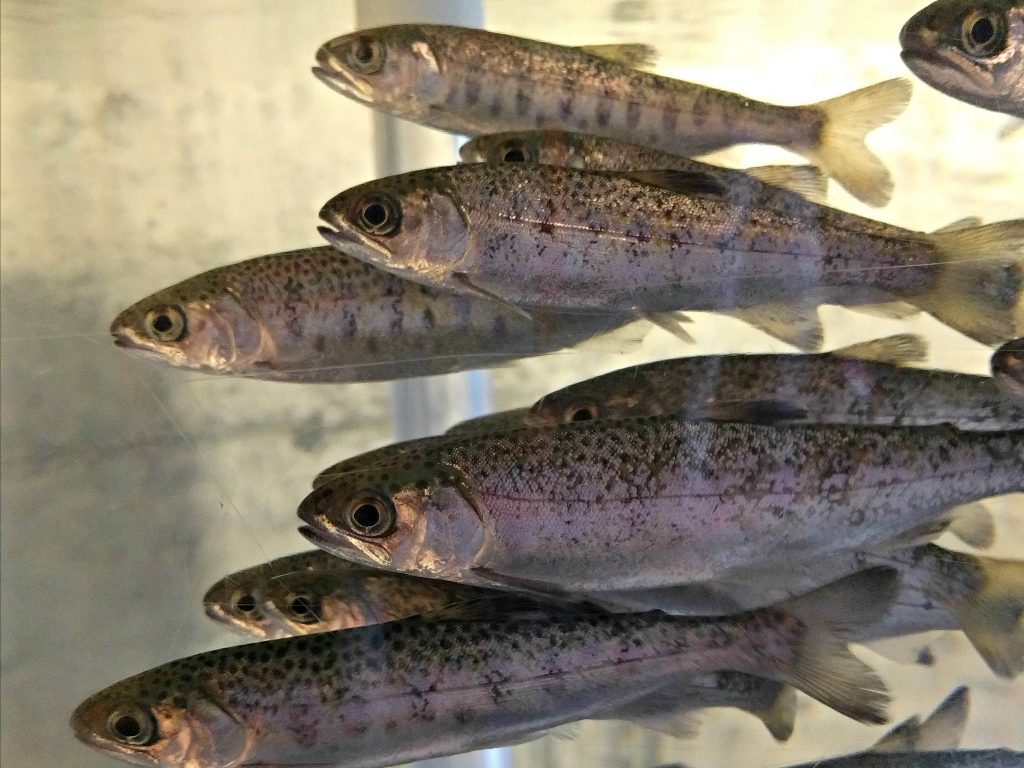
Features
Recirc
Virus forces slaughter of over 600,000 smolts at two land-based salmon farms
Findings of infectious salmon anemia (ISAv) virus at two land-based salmon facilities in Nova Scotia, Canada has forced the culling of over 600,000 smolts in those farms.
The virus was detected in February after the fish-farm operators reported a concern to veterinarians who then conducted testing, according to a statement issued by the province.
Nova Scotia's Minister of Agriculture and Minister of Fisheries and Aquaculture, Keith Colwell, told CBC on Thursday the facilities are located close to each other, but one company suffered an almost complete loss while the other lost only a portion of its stock.
Colwell said it’s highly unusual to have an outbreak of ISAv at a land-based facility. His department will be investigating how the smolts became infected.
Colwell did not name the farms or their location. But an owner of one of Nova Scotia’s land-based fish farms suspected that the outbreak must be at land-based hatcheries that produce smolts for companies that grow them to market size in net pens, not one of the two facilities in the province that raise salmon to market size in land-based operations. “There’s two (land-based) farms in Nova Scotia that are (raising salmon to market size) and we’ve never seen (infectious salmon anemia) or had any problems with that,” the fish farmer, Paul Merlin, told The Chronicle Herald.
According to the Canadian Food Inspection Agency (CFIA), ISAv outbreaks are most common in susceptible farmed finfish reared in sea water. It added that there's no evidence the virus can be transmitted to humans.
March 4, 2018 By Liza Mayer
 Virus forces slaughter of over 600
Virus forces slaughter of over 600 Print this page





